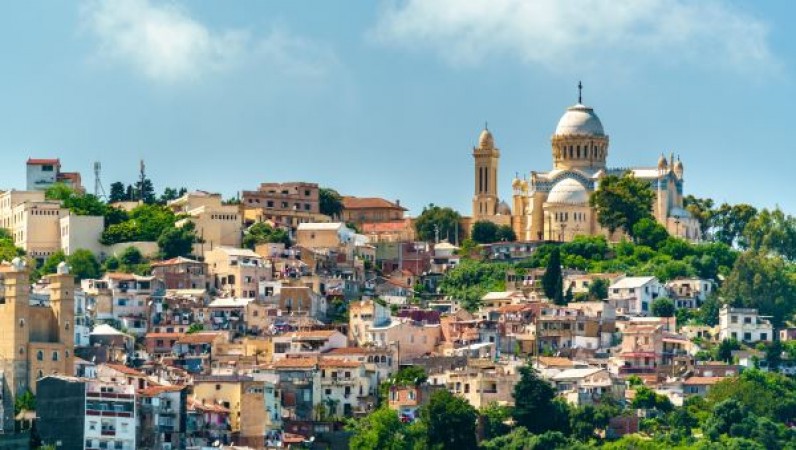
A Glimpse into History
Nestled in North Africa, Algeria is a land of captivating contrasts, where history unfurls in ancient ruins, the Sahara Desert stretches to the horizon, and vibrant cities buzz with modern life. With a past marked by conquests, colonization, and a long struggle for independence, Algeria has emerged as a fascinating mosaic of cultures, traditions, and landscapes. In this article, we embark on a journey to explore the multifaceted facets of Algeria, from its historical heritage to its contemporary vibrancy.
Algeria's history is a blend of indigenous Berber cultures, Arab influence, and European colonialism. The Berbers, who have inhabited the region for millennia, left their imprint on the country's customs, language, and art. Over the centuries, waves of Arab settlers arrived, further enriching the cultural fabric of Algeria. However, it was during the 19th century that European powers, notably France, established control over Algeria, leading to decades of colonial rule.
Independence Struggle and Modern Algeria
The latter half of the 20th century saw Algeria's relentless struggle for independence. In 1962, after years of bloodshed and determination, the country finally gained freedom from French colonial rule. The legacy of this struggle is still palpable, as Algeria emerged as a sovereign nation with a renewed sense of identity. Algeria's cultural landscape is a testament to its rich history and diverse influences. The country's cuisine is a delectable fusion of Berber, Arab, and Mediterranean flavors, featuring dishes like couscous, tagine, and pastries that tantalize the taste buds. Traditional music, such as the hypnotic rhythms of Berber music and the captivating melodies of Arab music, is an integral part of Algerian identity, often celebrating both joy and sorrow.
ALSO READ: Exploring the Majesty: Yosemite's Half Dome Location and Wonders
Architectural Marvels
Algeria boasts a plethora of architectural wonders that reflect its storied past. The ancient city of Timgad, a UNESCO World Heritage Site, showcases the meticulous urban planning of the Roman Empire. The casbahs, or historic citadels, found in cities like Algiers and Constantine, exhibit a fusion of architectural styles that tell the tale of successive dynasties and cultures.
Natural Splendors
From the sun-scorched dunes of the Sahara Desert to the lush oases and the Mediterranean coastline, Algeria's diverse landscapes are a sight to behold. The Tassili n'Ajjer National Park, known for its prehistoric rock art and stunning rock formations, offers a glimpse into the distant past. In contrast, the coastal city of Oran beckons with its pristine beaches and a blend of modernity and tradition.
Challenges and Opportunities
While Algeria has made strides in development, it faces various challenges, including economic diversification, political stability, and social reform. The country's oil-dependent economy highlights the need for sustainable growth and investment in other sectors. Moreover, fostering a sense of unity among Algeria's diverse ethnic and cultural groups is an ongoing endeavor. Algeria's narrative is one of resilience, endurance, and the pursuit of identity. As it continues to navigate the complexities of modernity while honoring its deep-rooted traditions, Algeria remains a captivating destination for explorers, history enthusiasts, and those seeking to unravel the layers of a nation shaped by its past, present, and aspirations for the future.
Scotland: A Tapestry of History, Culture, and Natural Beauty
Taiwan's Complex Geopolitical Landscape
Discovering the Past: 10 Must-Visit Historical Places around the Globe